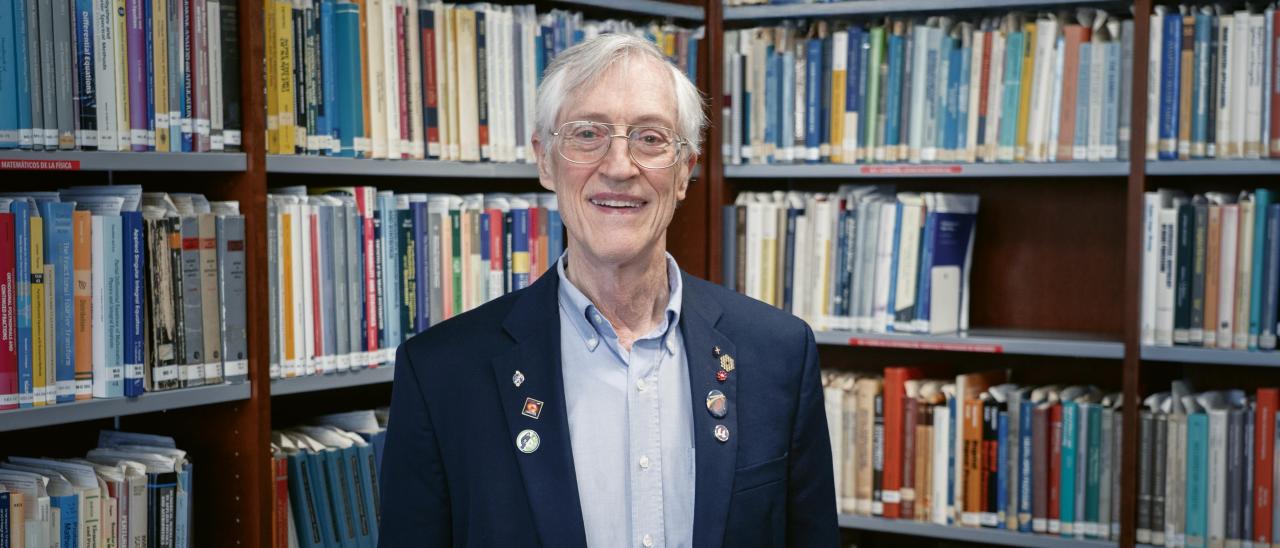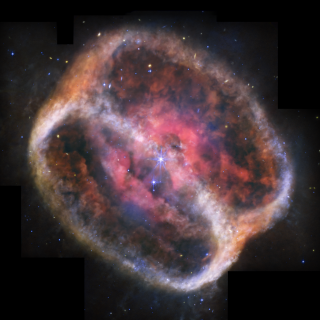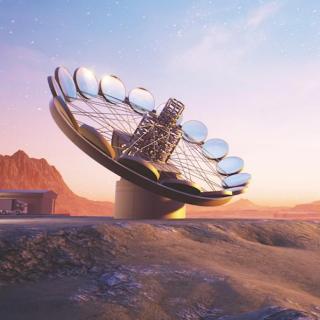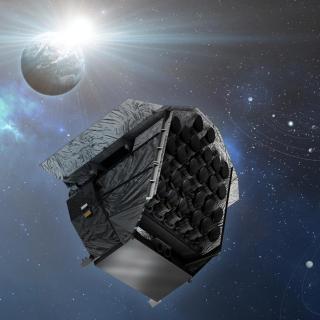The Museo de la Ciencia y el Cosmos, part of the Organismo Autónomo de Museos y Centros del Cabildo de Tenerife, will host a conference by the astrophysicist and 2006 Nobel Laureate in Physics, John Mather, entitled ‘Unsolved mysteries of physics and astronomy’, on Friday 9th May.
Mather receives this week the recognition as Doctor Honoris Causa of the Universidad de La Laguna (ULL) with the sponsorship of the researcher of the Instituto de Astrofísica de Canarias (IAC) and Doctor Honoris Causa of the ULL, John Beckman.
Mather's lecture, which will be in English, will be presented by the director of the Instituto de Astrofísica de Canarias, Valentín Martínez Pillet.
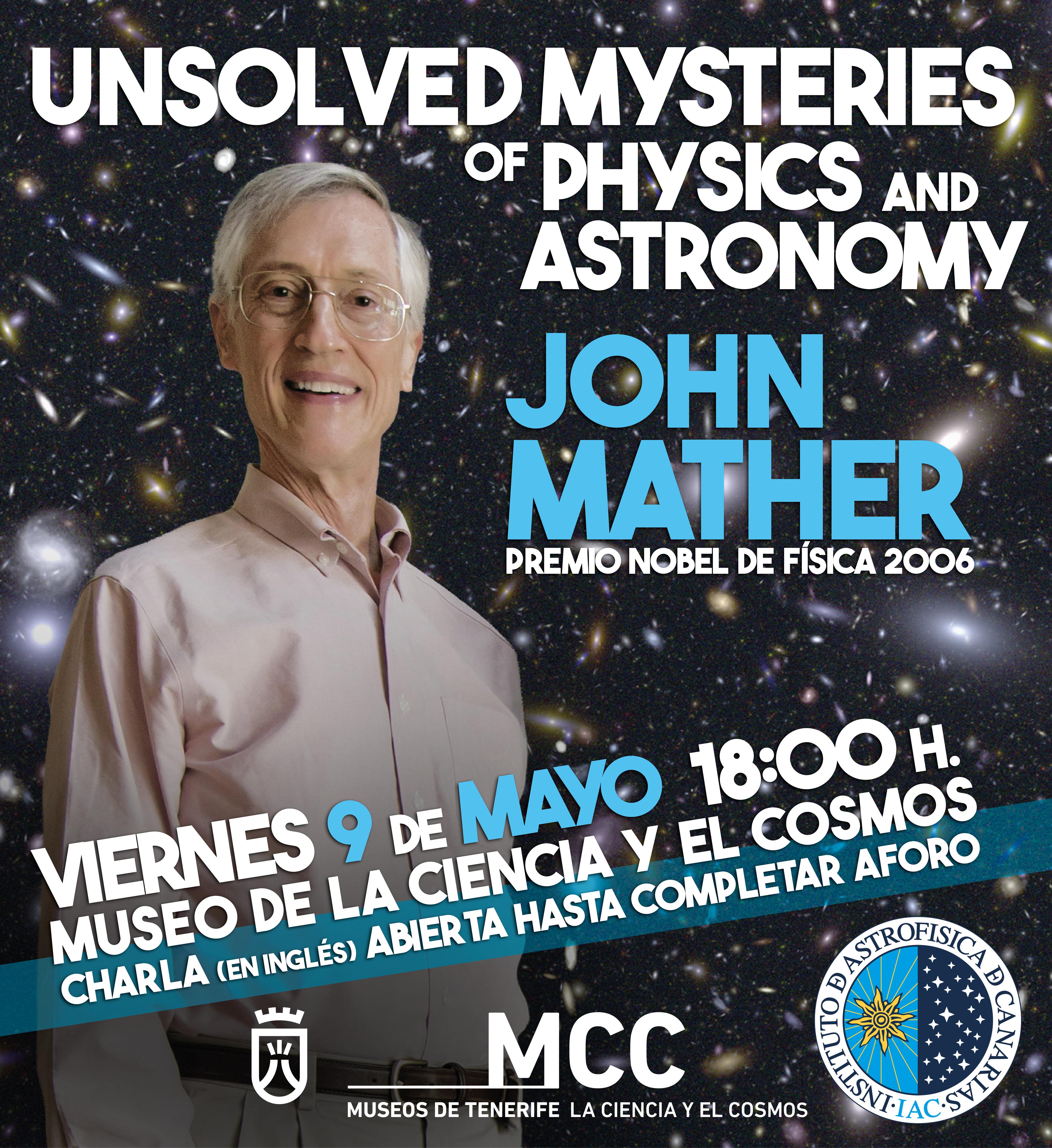
The event is scheduled for 18:00 hours, with free admission until full capacity is reached.
John Mather, world-renowned for his pioneering work on the Cosmic Background Explorer (COBE) satellite and for having been the senior scientist on the James Webb Space Telescope Project (JWST) until 2023, will share his career and perspectives on the big questions that still challenge our understanding of the Universe.
In his presentation, Mather will illustrate the progress of Physics and Astronomy during his lifetime, from rudimentary computational methods to artificial intelligence and state-of-the-art space telescopes. It will also show revealing images of the early universe from COBE and spectacular data from JWST on the formation of galaxies, stars and planets.
Despite the enormous advances, Mather will stress that we are still in the early stages of cosmic exploration and will address the surprises of the first galaxies and black holes, the diversity of planetary systems, the presence of molecules and icy oceans on satellites in our solar system, and even the intriguing possibility that life is an inevitable thermodynamic consequence. Finally, it will invite reflection on the future frontiers of scientific research.
A long career
John C. Mather studied at Swarthmore College and the University of California at Berkeley. His leadership of the COBE project revolutionised cosmology, establishing it as a precision science, which won him the Nobel Prize in Physics. Subsequently, he led the science teams of JWST, the most powerful space telescope ever built. He is currently working on the design of hybrid observatories to further enhance our ability to explore the universe.
